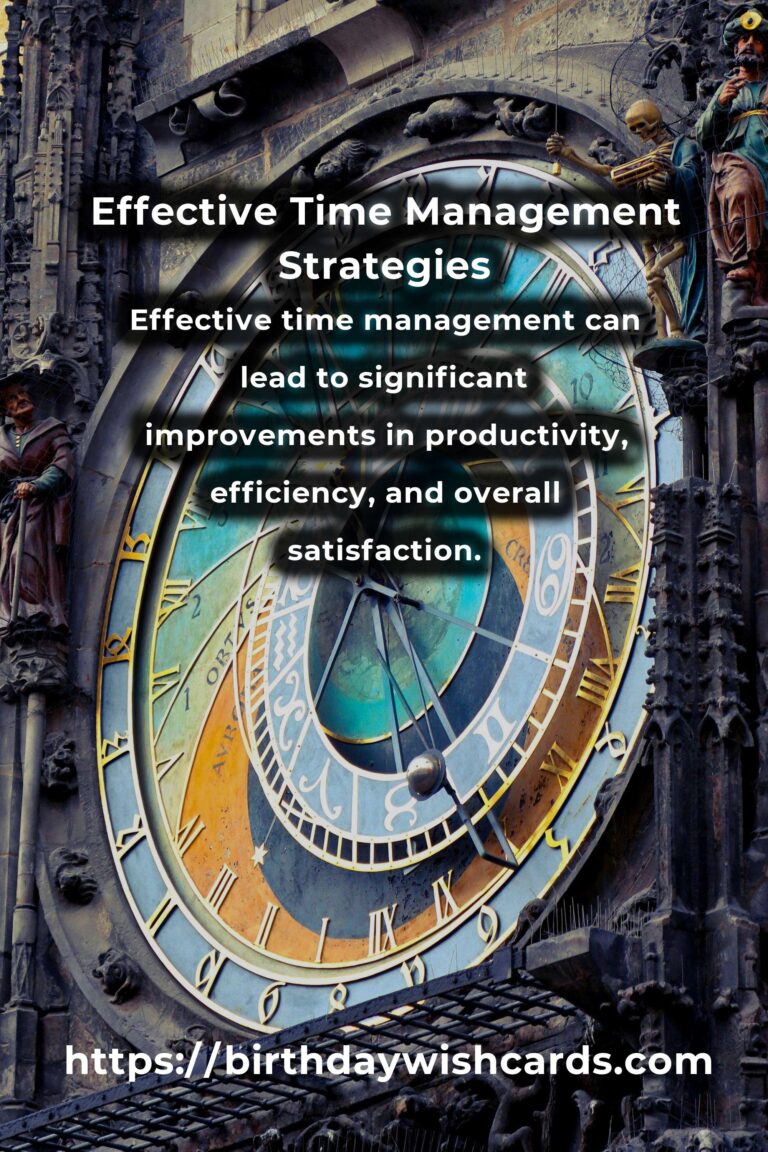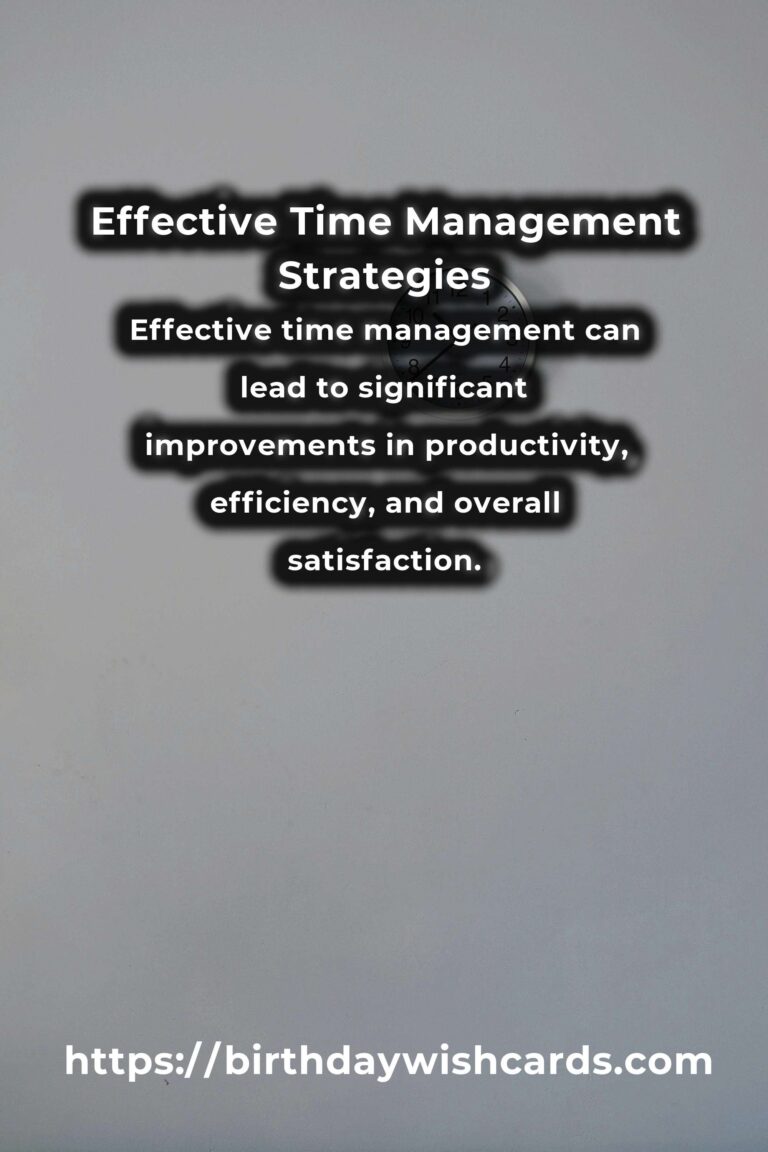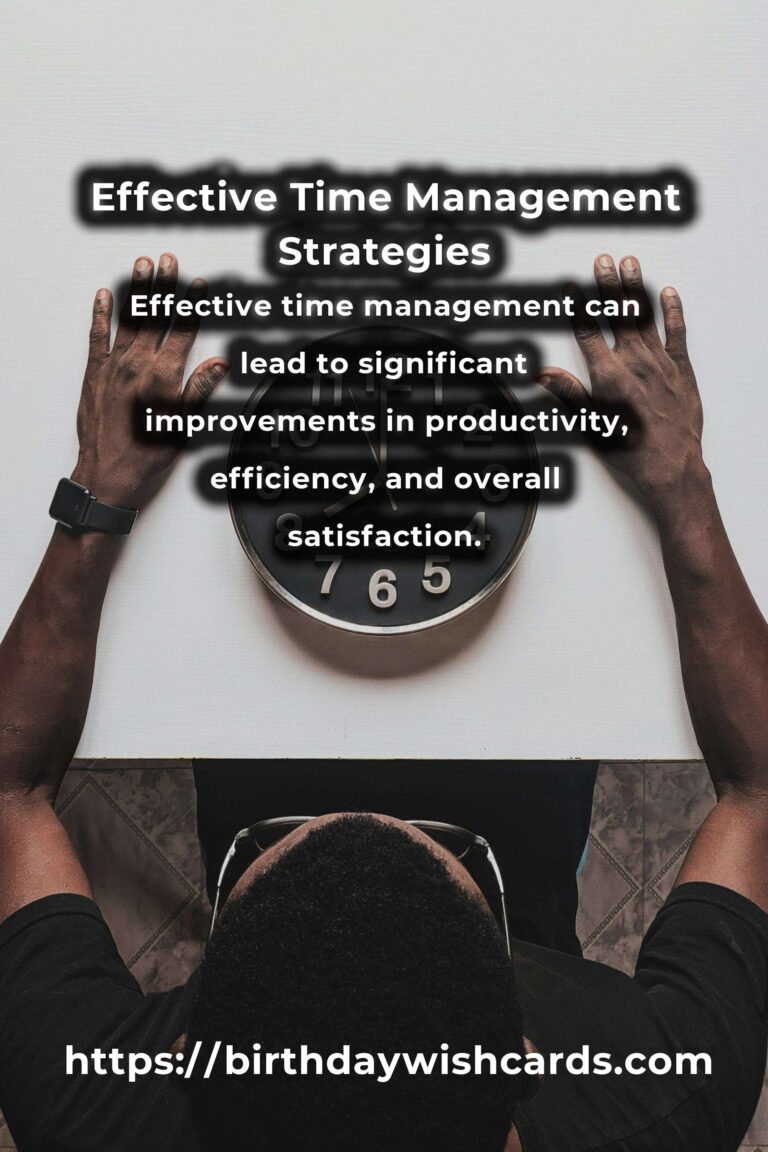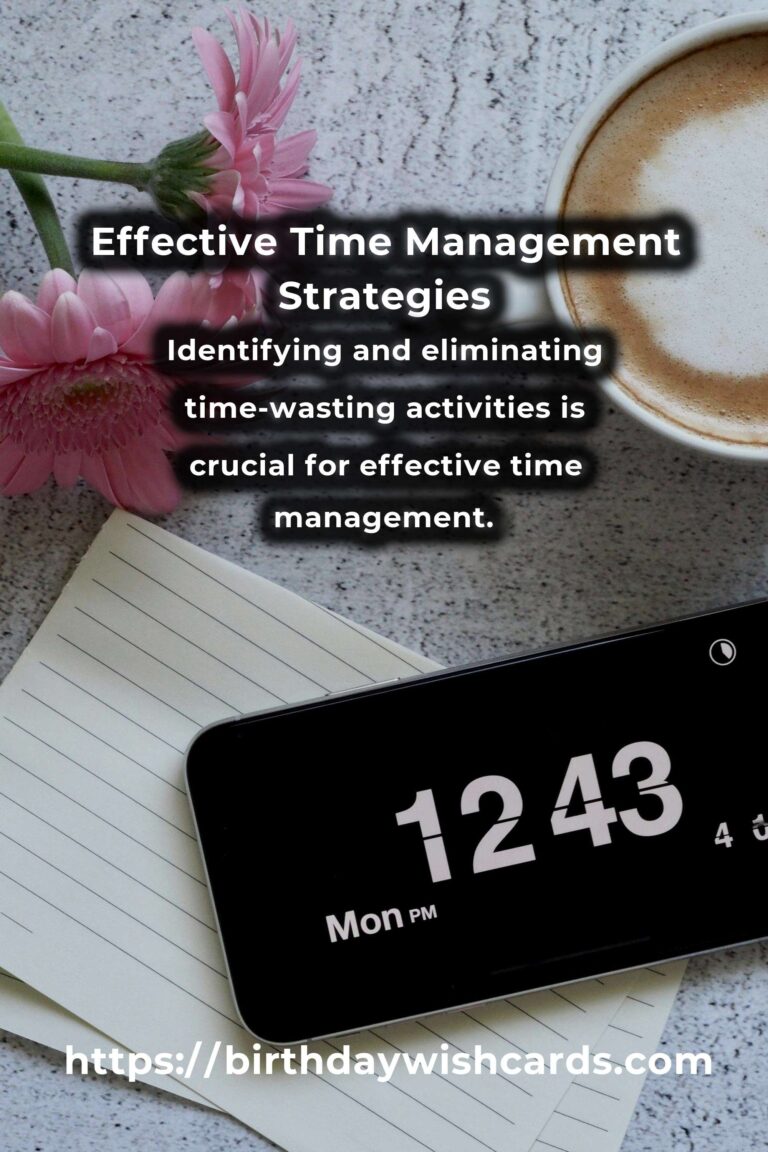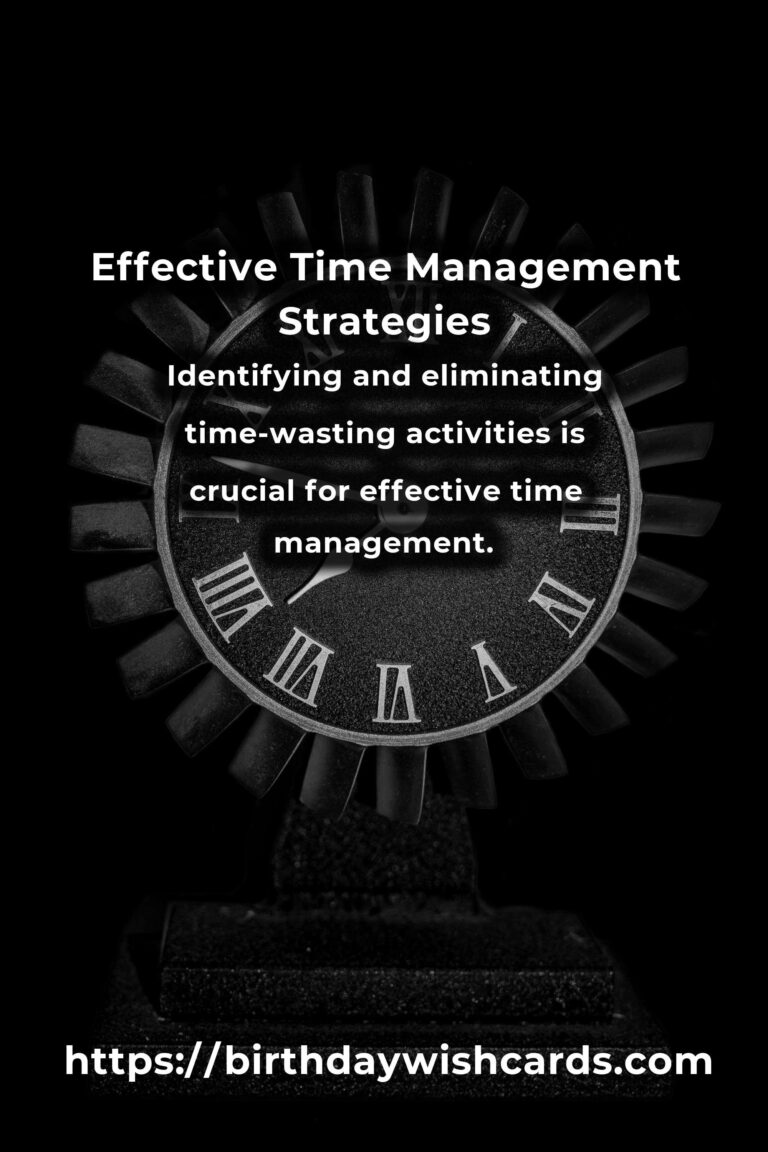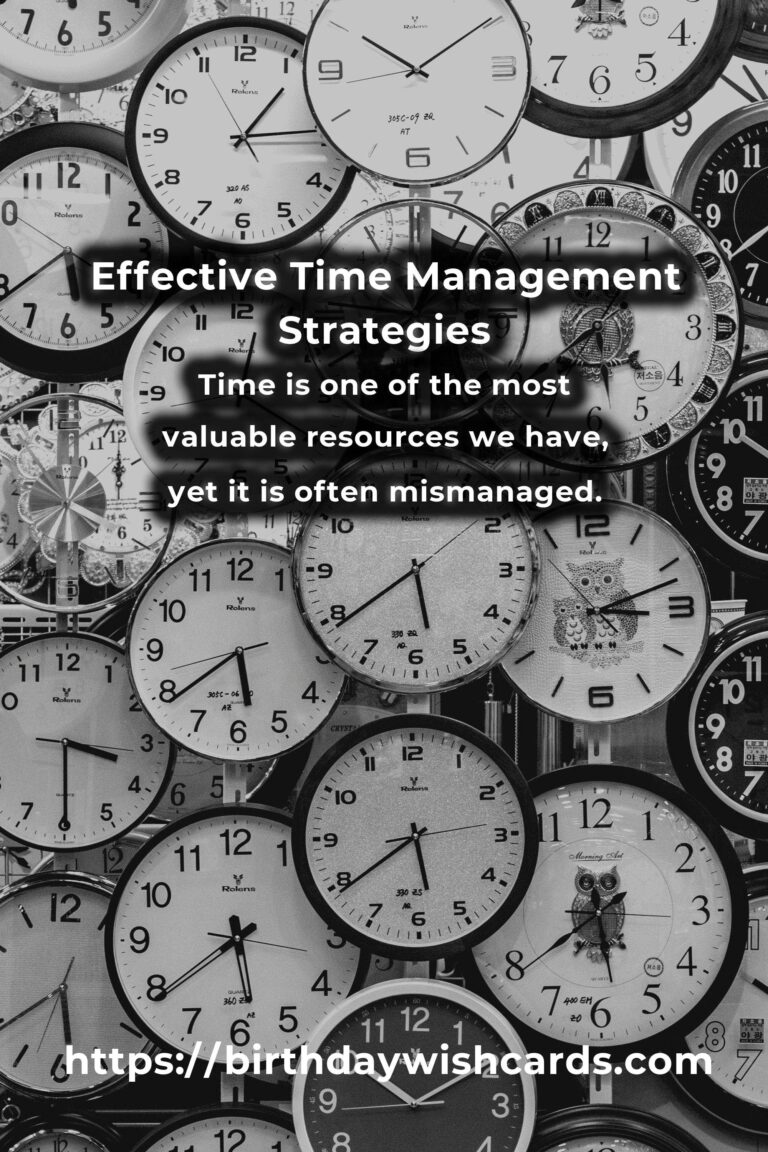
Time is one of the most valuable resources we have, yet it is often mismanaged. Effective time management can lead to significant improvements in productivity, efficiency, and overall satisfaction in both personal and professional life. This article explores strategic time management techniques that can help you make the most of your time.
Understanding the Importance of Time Management
Strategic time management is not just about squeezing more tasks into your day. It’s about prioritizing activities and tasks that align with your goals and values. By managing your time effectively, you can reduce stress, increase productivity, and create more opportunities for personal and professional growth.
Setting Clear Goals
The first step in strategic time management is to set clear and achievable goals. These goals should be specific, measurable, attainable, relevant, and time-bound (SMART). By having clear goals, you provide yourself with direction and a framework for making decisions about how to spend your time.
Prioritization Techniques
Once you have set your goals, the next step is to prioritize your tasks. One effective method is the Eisenhower Box, which divides tasks into four categories: urgent and important, important but not urgent, urgent but not important, and neither urgent nor important. This system helps you focus on what truly matters and avoid getting bogged down by less important tasks.
Time Blocking
Time blocking is a powerful technique that involves scheduling specific blocks of time for different activities. By dedicating specific times for work, rest, exercise, and family, you can ensure that each area of your life gets the attention it deserves. This method also helps reduce the tendency to multitask, which can decrease productivity.
Eliminating Time Wasters
Identifying and eliminating time-wasting activities is crucial for effective time management. Common time wasters include excessive social media use, unnecessary meetings, and procrastination. By recognizing these distractions and minimizing their impact, you can focus more on productive activities.
Using Technology Wisely
Technology can be both a boon and a bane when it comes to time management. Tools like calendars, task managers, and time-tracking apps can help you stay organized and accountable. However, it is important to use these tools wisely and avoid becoming overwhelmed by notifications and digital clutter.
Review and Reflect
Regularly reviewing and reflecting on your time management strategies is essential for continuous improvement. At the end of each week or month, take some time to assess what worked well and what didn’t. This reflection can provide valuable insights into how you can further optimize your time management practices.
Conclusion
Mastering strategic time management is a continuous process that requires dedication and regular adjustments. By setting clear goals, prioritizing effectively, eliminating time wasters, and using technology wisely, you can significantly enhance your productivity and lead a more balanced life. Remember, the goal is not just to be busy but to be productive and fulfilled.
Time is one of the most valuable resources we have, yet it is often mismanaged. Effective time management can lead to significant improvements in productivity, efficiency, and overall satisfaction. Setting clear and achievable goals is the first step in strategic time management. Time blocking involves scheduling specific blocks of time for different activities. Identifying and eliminating time-wasting activities is crucial for effective time management.
#TimeManagement #Productivity #Efficiency #GoalSetting #TimeBlocking


